The Project
The Action Plan for Digital Education 2021-2027 highlights the need for Member States to activate improvement paths to facilitate lifelong learning through the use of the digital network. For an individual, becoming a media literate (therefore being able to access the media, understand and critically evaluate its different aspects and contents and establish communications in different contexts) is nowadays an important prerogative to benefit from the numerous opportunities offered by the media company. Rather, not being, not possessing these abilities, on the contrary, constitutes a serious prejudice for the full realization of the individual and professional paths of each of us. Overall, promoting media education for a country means allowing its citizens to consciously participate in public life.


The rapid digitization that has taken place over the past decade has transformed many aspects of daily and working life. Driven by innovation and technological evolution, digital transformation is reshaping society, the job market and the future of work. Employers face difficulties in hiring highly skilled workers in various economic sectors, including the digital sector. Too few adults are updating and retraining to fill these vacancies, often because training is not available at the right time and place. The crisis forces us to rethink the way education and training are designed and delivered to meet the needs of a rapidly changing and increasingly digital world and has highlighted the need to strengthen the digital skills of educators who do not have the tools to support adults in this change process, and enable organizations working with adults to broaden their educational offer and have new open source digital tools.
